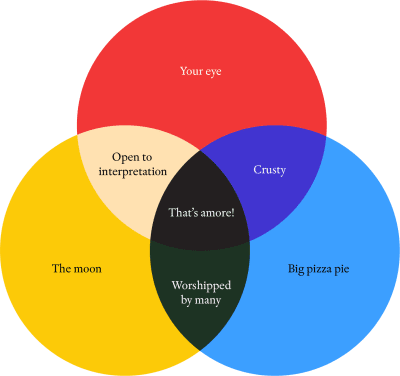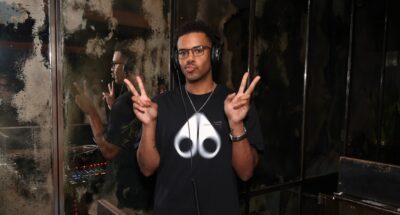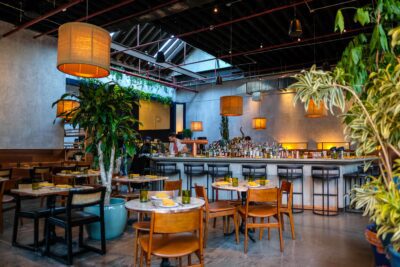Talking to Spike Lee: “I’m Not Controversial”
Can kids in Brooklyn now have the same kind of experience there that you had growing up?
No, because, number one, they don’t play the street games that we played growing up. It’s a different world now. Technology’s changed everything. They’re doing this [mimes thumb-typing on a keyboard] and video stuff. Zombies. That stuff’s not just Brooklyn. That stuff’s all over the world.
So you don’t think they’re going to interact with each other and feed off each other’s creativity as much as you could?
Well, number one, how is their creativity gonna be fed when, in public schools all across this country, music, art and gym are being cut? I’m a product of the public schools here in New York City. From kindergarten through John Dewey High School here in Coney Island. When I was in elementary school, we had to play an instrument. It was required. I played the violin. I was good. Art was just a part of the curriculum.
Ossie Davis said you subverted the image of black men in media: before you, a black man had to smile and nod and be a little angel, and you made yourself into a little devil instead and made it work for you. First of all, you got anything to say about that?
I miss Ossie. I miss Ossie very much.
Did you consciously decide to go out there and be confrontational, or is that just the way you were made? I know your mom nicknamed you Spike because you were kind of a spikey kid.
I wouldn’t say I was confrontational.
You used to be. When you were younger, you used to say some pretty controversial things about other people.
Here’s the thing, though. If you say something that does not go along with the program, that makes it controversial? I don’t necessarily agree with that. I don’t think I’ve ever said stuff just to be saying it, just to hear myself speak. What I have done is speak about stuff I feel is important. And then as a filmmaker, a lot of the films we’ve done—not all of them, but a lot—just hold a mirror up to what’s happening. There’s a lot of stuff we’ve done that was like a premonition of stuff that followed shortly after. Do the Right Thing had the crystal ball on what happened in LA, with the Rodney King verdict.
You talk about “we” a lot when you talk about your movies, and I understand there are a lot of people on your crew that you’ve been working with for a long time.
Mm-hmm.
And you’ve always been a mentor and door-opener to other African American artists, including [cinematographer] Ernest Dickerson and a lot of actors—Halle Berry, Giancarlo Esposito, Rosie Perez, Samuel L. Jackson. And now, as a teacher at NYU.
Fifteen years.
Yup. You’re almost like an elder statesman. In the time you’ve been doing this, have you seen things getting easier for black filmmakers in this country?
Easier? I wouldn’t say easier. But what has changed is that the technology revolution has made it easier to get access to the equipment. My generation who went to film school, we didn’t go to get a master of fine arts. We wanted access to the equipment. That was the thing that stopped you. You couldn’t get the equipment.
Right. And the film itself was expensive, and processing it was really expensive. The lights — everything cost more. Editing equipment.
But now with technology, you could edit your film with this laptop you got in your lap.
You might also like 



















